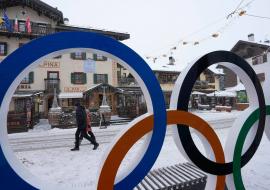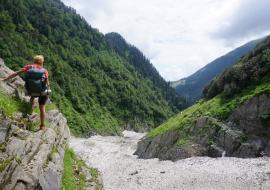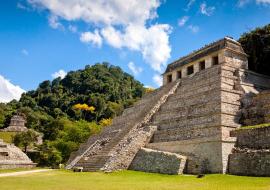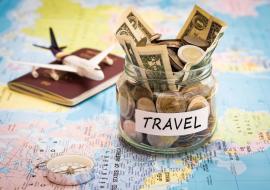North Korea Reopens Border City Rason to Foreign Tourists
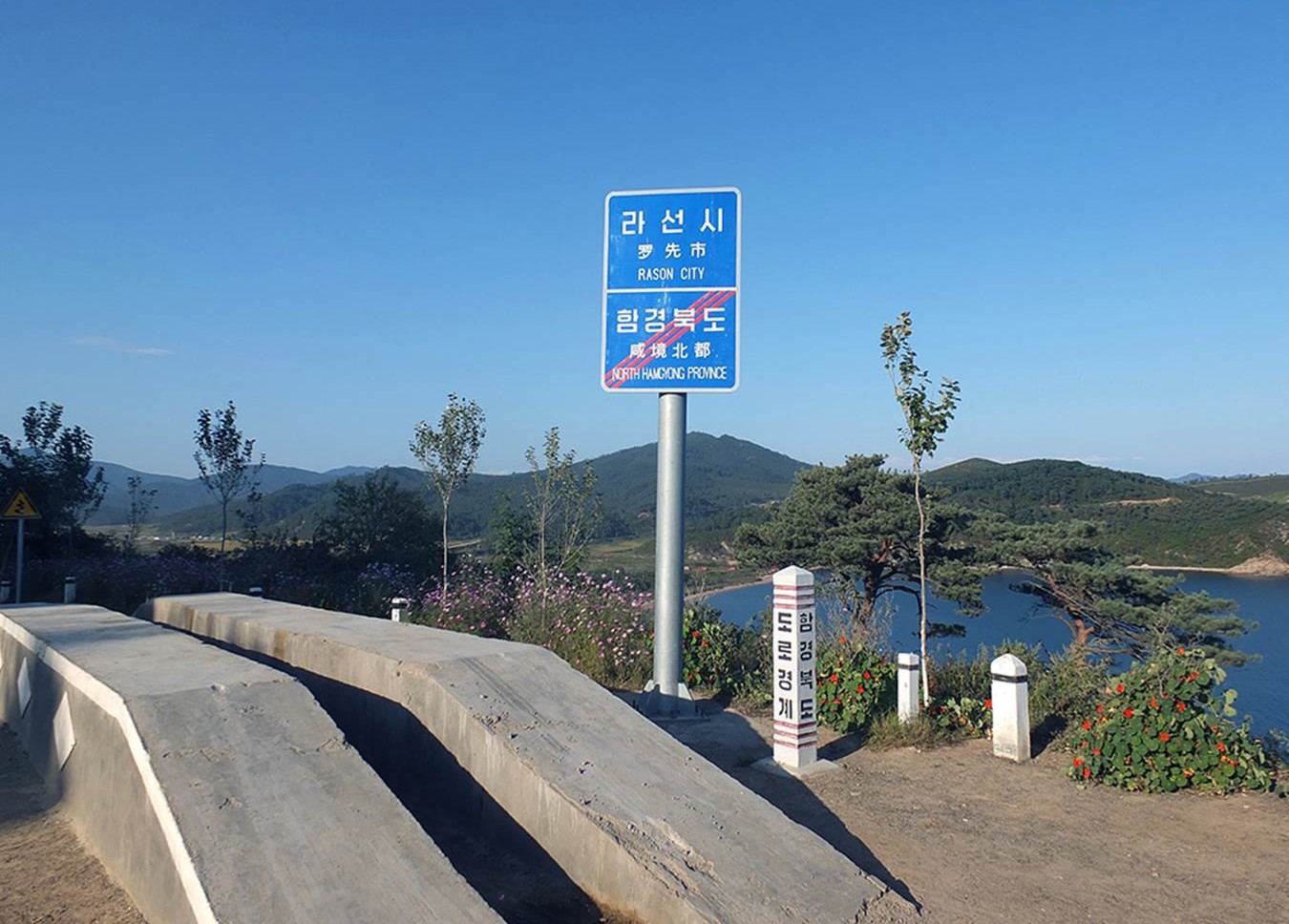
Tour operators announced on Thursday that North Korea has reopened the northeastern city of Rason to foreign tourists, marking the first major step toward reviving international tourism since the country sealed its borders in early 2020 in response to the Covid-19 pandemic.
The special economic zone (SEZ) of Rason, which borders China and Russia, officially reopened its doors to foreign visitors, according to Young Pioneer Tours, a travel agency with strong ties to North Korea. The company stated that the reopening was effective immediately and available for Chinese nationals as well as other international travelers. Despite this move, the rest of North Korea remains closed to tourists.
Rason, established as North Korea’s first SEZ in 1991, has served as a testing ground for the country’s economic policies. The area features North Korea’s first legal marketplace and operates under a unique visa regime separate from the rest of the nation.
The reopening of Rason follows recent indications of North Korea's gradual loosening of pandemic restrictions. Pyongyang had previously allowed limited trade, official delegations, and in 2024, Russian tourists were permitted to visit the country for the first time since the pandemic. While tourism in North Korea was always limited, with around 5,000 Western visitors annually before 2020, the vast majority of foreign tourists came from China.
Travel companies, including Beijing-based Koryo Tours, have noted that although Rason is open, details on itineraries, pricing, and the scale of tours remain unclear. The types of activities and the number of tourists that will be permitted are yet to be confirmed.
This move coincides with reports in August 2024 that North Korea was preparing to reopen tourism in the northeastern city of Samjiyon. However, tourism remains strictly regulated. For example, travelers from South Korea remain barred from visiting North Korea without official permission, given the ongoing technical state of war between the two nations.
China, North Korea's key ally and economic supporter, is expected to play a significant role in facilitating tourism to Rason, as most visitors traditionally enter the country by plane or train from China.
The reopening of Rason represents a cautious yet notable step for North Korea as it seeks to revitalize its economy and international connections. However, many questions remain about the broader implications for tourism across the country and how it might impact its relationships with neighboring nations.







